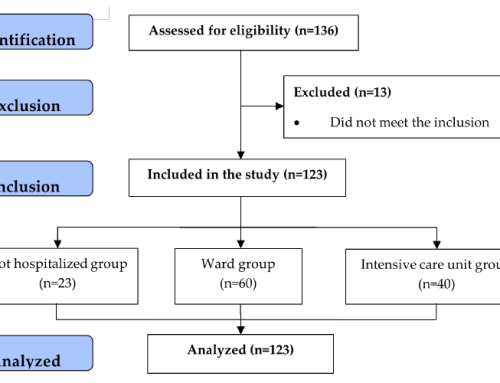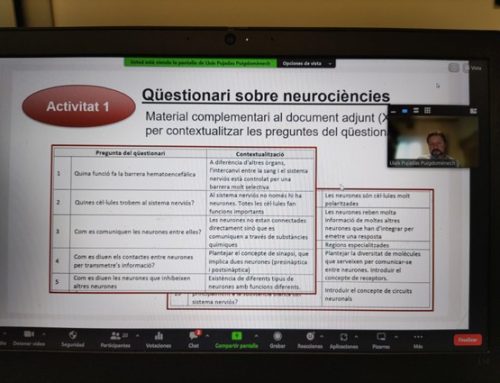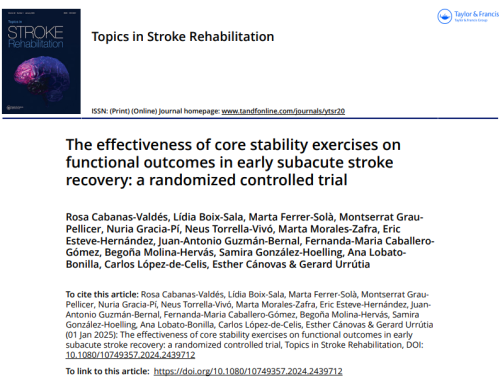ARTICLE. Jèssica Garrido-Pedrosa, Isabel Sala, Núria Obradors. British Journal of Occupational Therapy. May 3, 2017, DOI: https://doi.org/10.1177/0308022617698166
Abstract.
Introduction. Dementia affects cognitive functions and has a direct impact on the ability to perform activities of daily living. Studies have focused on the impact of cognition-focused interventions on cognitive functions, but less on the daily functionality of people with dementia. The aim of this study was to review systematically evidence of the effectiveness of cognition-focused interventions on the ability of people with dementia to perform activities of daily living. Method. A search of randomized controlled trials was performed in 10 databases to find all available evidence on the subject. Two reviewers independently selected articles based on predetermined inclusion criteria. The articles had to describe randomized controlled trials involving cognition-focused interventions in people with some form of dementia, aged 65 years or over, and specify their score on the Mini-Mental State Examination or the Clinical Dementia Rating. Eleven articles met the inclusion criteria for the review. Method. A search of randomized controlled trials was performed in 10 databases to find all available evidence on the subject. Two reviewers independently selected articles based on predetermined inclusion criteria. The articles had to describe randomized controlled trials involving cognition-focused interventions in people with some form of dementia, aged 65 years or over, and specify their score on the Mini-Mental State Examination or the Clinical Dementia Rating. Eleven articles met the inclusion criteria for the review. Results. Cognitive rehabilitation through functional tasks led to maintenance or improvement in everyday tasks in some cases. In cognitive stimulation studies, the subjects maintained their performance in activities of daily living with respect to the control condition, but this was not the case in reminiscence stimulation groups. Subjects who underwent cognitive training of cognitive functions did not show significant improvements in activities of daily living. Conclusion. The evidence on the effectiveness of cognition-focused interventions suggests that multi-component programs that include cognitive rehabilitation or cognitive stimulation could maintain or improve functionality in people with dementia.












Leave a Reply